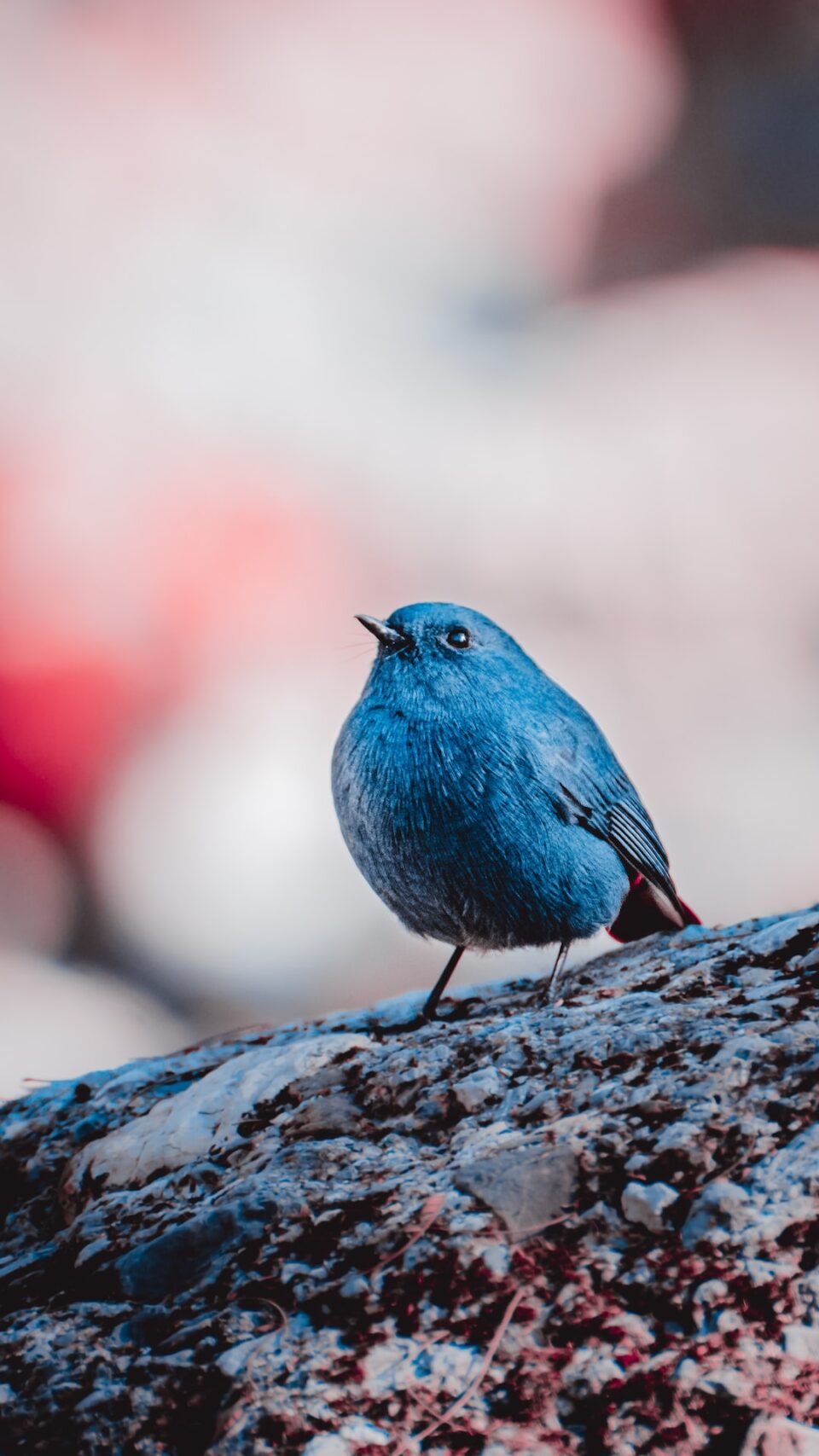The world of insects is a vast and fascinating one, filled with all kinds of creatures that fly, crawl, and scuttle around the earth. From the tiniest ant to the largest beetle, insects make up a significant portion of the world’s biodiversity, playing vital roles in ecosystems and food chains alike. While some people may be put off by the idea of creepy crawlies, learning about the wonders of the insect world can be an eye-opening experience that inspires awe and appreciation for these tiny miracles of nature.
One of the most fascinating things about insects is their incredible diversity. With over a million known species and many more still waiting to be discovered, insects are the most diverse group of animals on the planet. From the colorful and intricate patterns on a butterfly’s wings to the fascinating behavior of social ants and bees, each species of insect has its unique traits and adaptations that make it perfectly adapted to its environment.
Another interesting aspect of the insect world is their incredible ability to adapt and evolve. Insects have been around for millions of years and have survived countless changes in the earth’s climate and ecology. They have evolved a plethora of fascinating adaptations that help them survive in their habitats, such as camouflage, mimicry, and defensive mechanisms such as stingers and poison.
There are many reasons to appreciate the beauty and importance of insects. For one, insects play a crucial role in pollinating plants, ensuring that our world is filled with vibrant and diverse flora. Without pollinators, many of our favorite fruits and vegetables would be much harder to come by, making insects incredibly important to our food system.
Insects also serve as a food source for many other animals, including birds, mammals, and even other insects. They are a crucial part of the food chain, helping to maintain healthy ecosystems and balance populations of different species. Some insects, such as termites, are even considered ecosystem engineers, modifying their environment in ways that benefit other species and help promote biodiversity.
Of course, insects aren’t always viewed in a positive light. Many people are afraid of bugs and find them creepy or gross. However, it’s important to remember that insects are just as much a part of our world as we are and serve many important functions in our environment. Learning to appreciate their beauty and complexity can help us better understand and care for our planet.
One way to get started on this journey of appreciation is to spend time observing the insects around us. Whether it’s watching ladybugs feed on aphids in a garden or following an ant trail to see where it leads, taking the time to notice and appreciate these small creatures can be a rewarding experience. There are also many resources available for learning more about insects, from field guides to online videos and articles.
Another way to appreciate insects is to incorporate them into our lives in a positive way. For example, planting flowers that attract pollinators or building a bug hotel for solitary bees can help support insect populations and promote biodiversity in our own backyards. Even small changes, such as avoiding insecticides or reducing light pollution, can make a big difference in helping insects thrive.
In conclusion, the world of insects is a vast and fascinating one that deserves our appreciation and respect. Learning about the incredible diversity and adaptations of these creatures can help us better understand and care for our planet and the delicate ecosystems that support life. By taking the time to observe and appreciate the creepy crawlies around us, we can gain a new perspective on our world and the wonders that exist within it.

